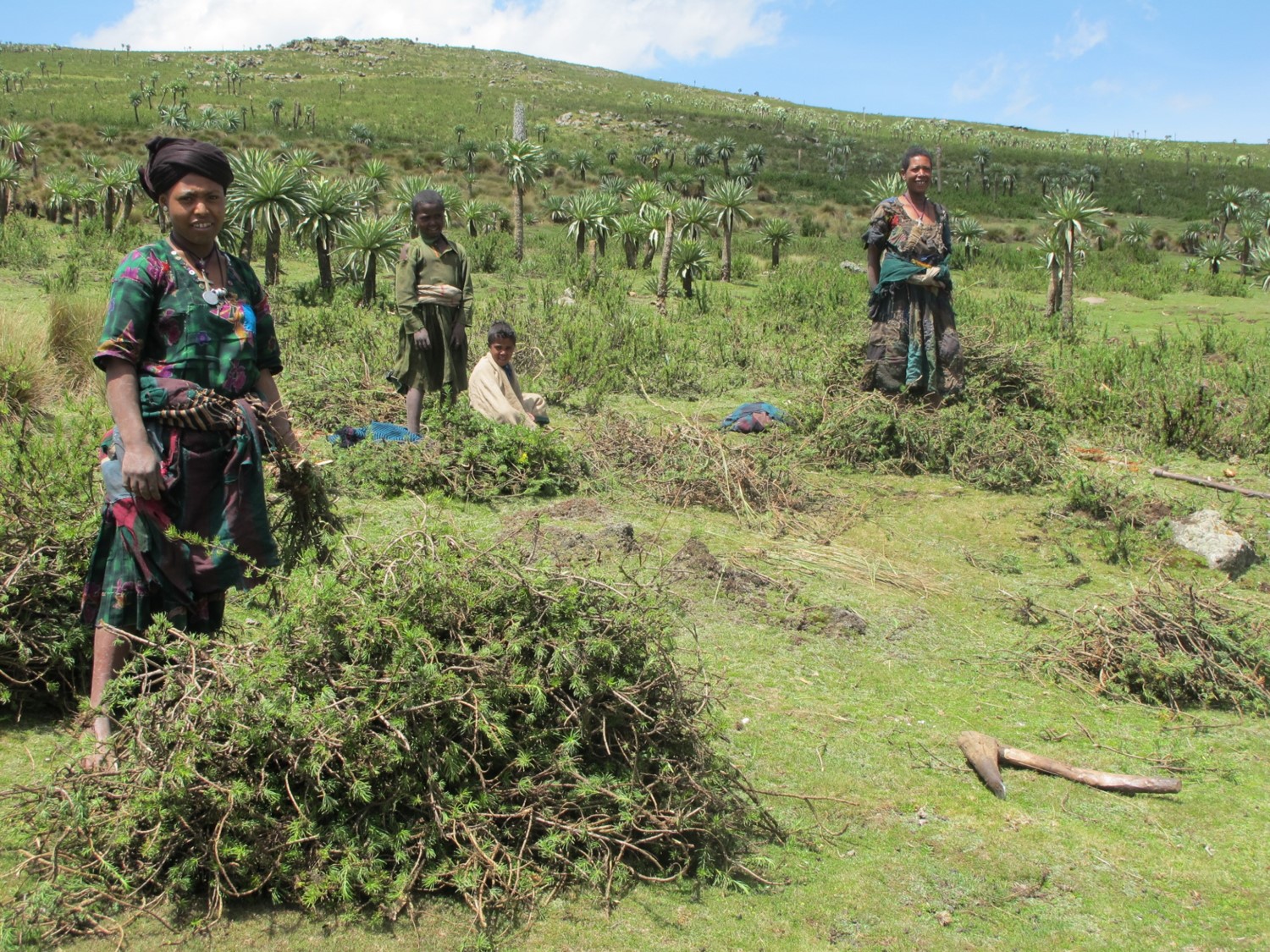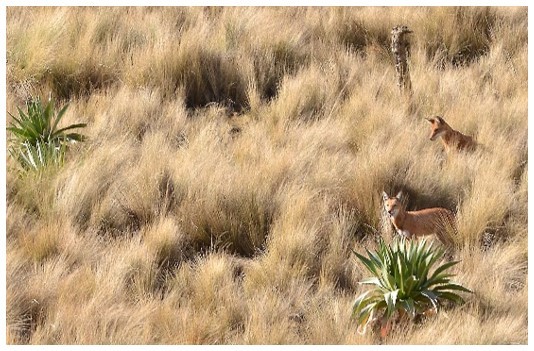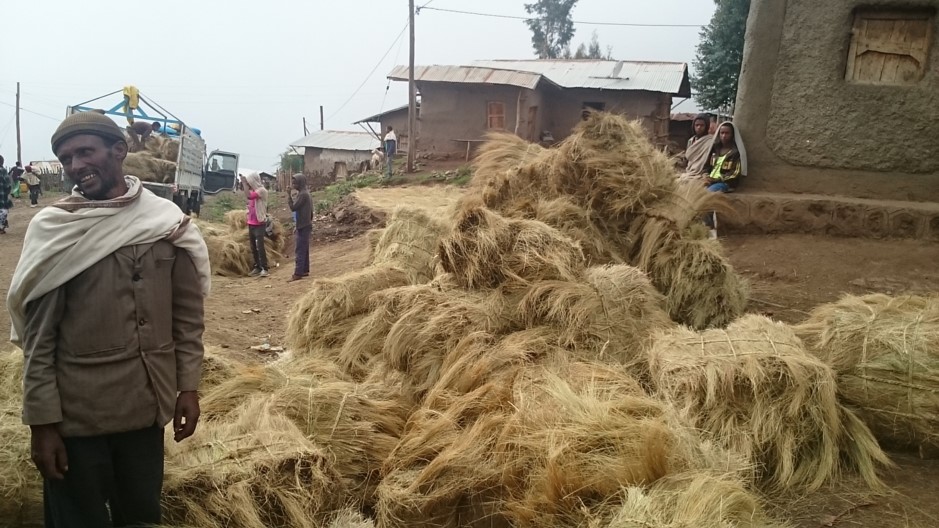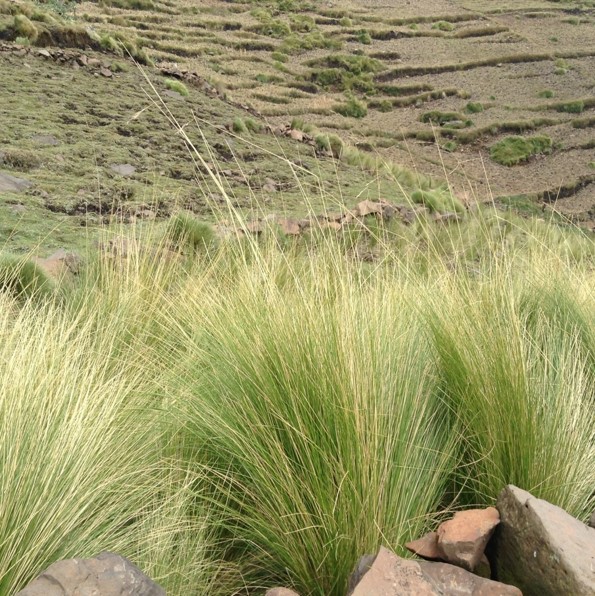News
The IPBES Global Assessment on Biodiversity & Ecosystem Services report is a wake-up call for us all. As a global community supporting Ethiopian wolf conservation: what are we doing and what can we do better?
As crudely summarized in the first Intergovernmental Global Assessment on Biodiversity & Ecosystem Services (IPBES) report released today, terrestrial ecosystems and their wildlife are suffering from habitat loss and degradation at an unprecedented scale, and the main drivers are land use change and exploitation. We witness this reality as part of our Ethiopian Wolf Conservation Programme work: like many other highland organisms, Ethiopian wolves are increasingly confined to smaller and more fragmented habitat patches due to land conversion to subsistence agriculture, even if these uplands are only marginally suitable for crops.
The main challenge for Ethiopian wolf conservation is to maintain these small populations outside the extinction vortex by boosting their resilience. We can do this by recovering degraded habitats and by reintroducing wolves where they became extinct, with positive cascading effects on many endemic plants and animals and ecosystems services such as the regulation of freshwater at their sources. But how?
The IPBES assessment also reveals that trends in habitat loss and deterioration have been less severe, or avoided in areas held or managed by indigenous peoples and local communities. A reason why we can be optimistic about the future of Ethiopian wolves is that when local populations self-organize, Afroalpine ecosystems sustain both wolves and local livelihoods, and environmental degradation can be halted. Powerful evidence come from past and present experiences in the mountains of Guassa-Menz and from the North and South Wollo regions.
For these reasons, community-based conservation is at the heart of EWCP’s Biodiversity Friendly Futures. The premise of this project is that community-based resource management systems are the key to healthy Afroalpine ecosystems, now and in the future. We look forward to continue working together with government, NGOS, communities, and generous donors from across the world to achieve this goal. This report is a wake-up call and an inspiration for change, for us all.
“We are eroding the very foundations of our economies, livelihoods, food security, health and quality of life worldwide. The Report also tells us that it is not too late to make a difference, but only if we start now at every level from local to global.” – Sir Robert Watson, IPBES Chair
-
 Women collecting firewood in Ethiopian wolf habitat in Mt Choke
Women collecting firewood in Ethiopian wolf habitat in Mt Choke -
 The guassa grasslands are great habitats for Ethiopian wolves
The guassa grasslands are great habitats for Ethiopian wolves -
 These grasses are harvested from Ethiopian wolf range because of their commercial value
These grasses are harvested from Ethiopian wolf range because of their commercial value -
 EWCP works with communities to plant guassa in marginal agricultural land to reduce harvesting pressure and restore wolf habitats
EWCP works with communities to plant guassa in marginal agricultural land to reduce harvesting pressure and restore wolf habitats





